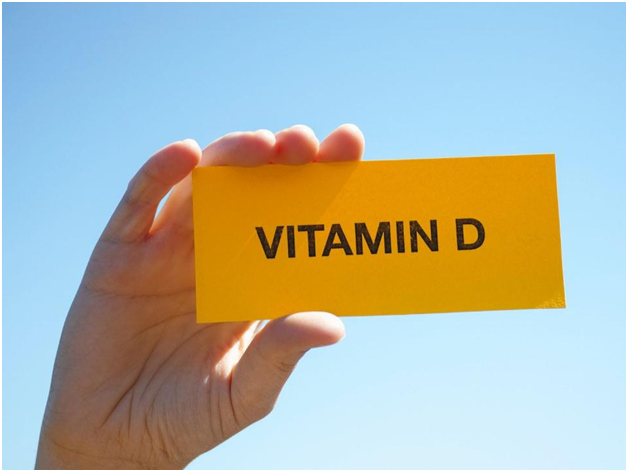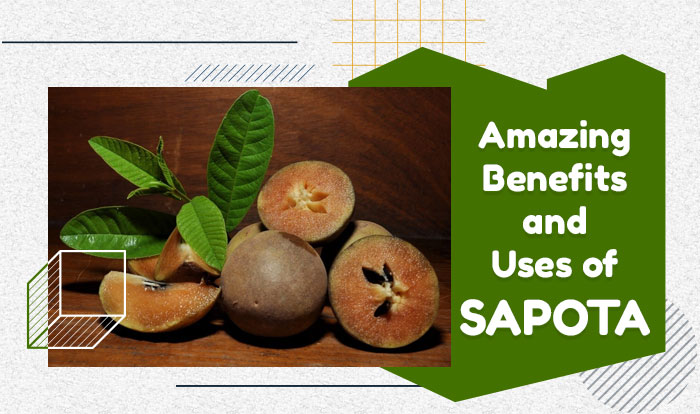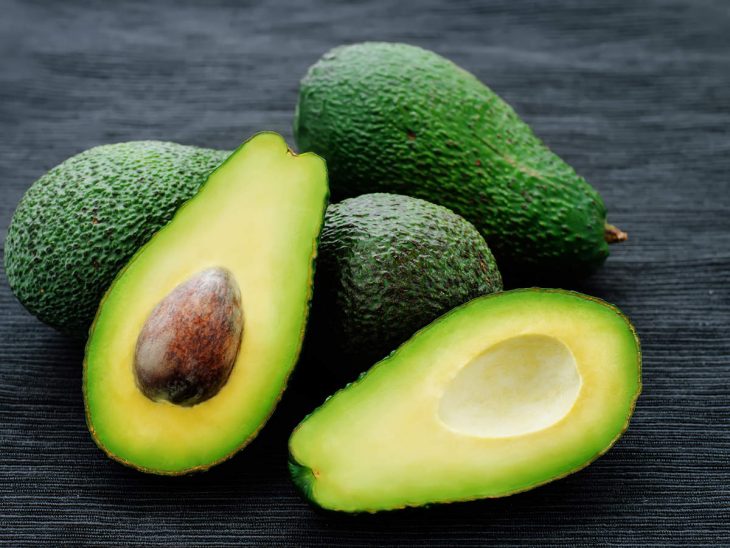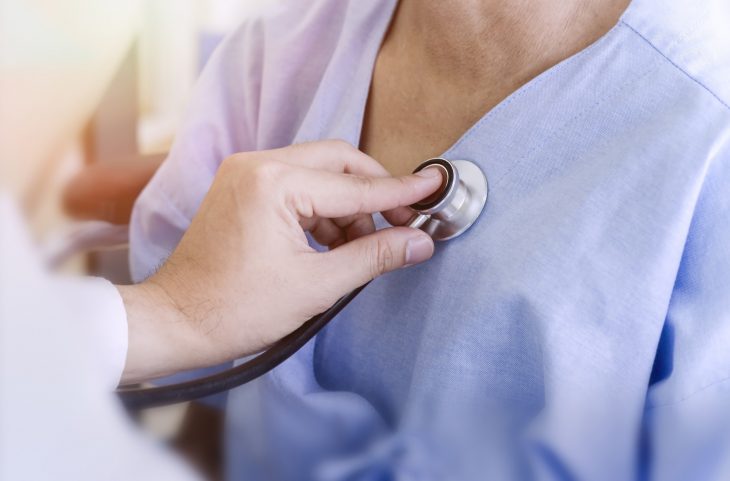Depression is one of the usual widespread mental health diseases in the USA. In the study, an estimated 17.3 million adults experienced at least one major depressive episode, with the highest rates among women and people of two or more races. Though prevalent, it is a severe mood disorder that should not take lightly.
Depression indeed makes its way to affect you internally and externally. You feel lost most of the time and have no idea where your enthusiasm and positivity have gone. If you have failed the enthusiasm for life and sensing tired all the time without any obvious reason – you should think of meeting a mental health specialist. Nutrition holds the utmost importance in shaping your physical health. And you thought that nutritional deficiency is just a thing. However, very few people know that nutrition is also essential for having sound mental health.
Depression doesn’t show any visible symptoms at the early stage. However, it can deteriorate your health if you ignore the signs in the long run. You better meet your healthcare professional and discuss the possible causes for the same. Making healthy modifications in the diet and getting nutritional supplements whenever potential is the most trustworthy way to battle back with depression-induced due to nutritional deficiencies. This article is dedicated to educating you about the nutritional deficiencies that can put you in the trouble of being depressed.
10 Most Common Nutrient Deficiencies Linked to Depression
Omega-3 Fatty Acids
We were surprised when results showed an omega-3 fatty acid deficiency because Eating an abundance of salmon and taking fish oil appendices every day. That reveals to you just how much fish — salmon, tuna, halibut — or flaxseeds and walnuts we require to eat to be at an optimal level.
These essential minerals defeat inflammation and perform a significant part in brain function, individually memory, and mood. The body can’t perform them, so you require to either have them or take supplements. Omega-3 fatty acid foods are just one of the supplements. We can take every day for depression. Omega 3 Fatty acid Foods are Effective Diet for Depression and Erectile Dysfunction in Men. Apart from that, Cenforce 100mg and Fildena 100 Pills are also used to Cure ED.
Vitamin D
As previously mentioned in our series about the seasonal affective disorder- a type of depression- vitamin D plays a significant role in serotonin activity. Serotonin is the essential neurotransmitter concerned with mood, appetite, sleep, and digestion. It is also necessary to ensure the proper absorption of phosphorus into your bloodstream, facilitating cell repair and tissue growth in your brain and body.
In general, vitamin D may need to be taken as a supplement, though, as it is hard to stay at sufficient levels with sun and food alone. The researchers believe that because vitamin D is essential to healthy brain function, insufficient nutrient levels may play a role in depression and other mental illnesses.
Vitamin B
B-vitamins, including vitamin B-12, have been associated with depression. But because depression is a complicated condition, the link isn’t fully understood. One potential link is the effect of vitamin B-12 on the serotonin levels in your brain, in enhancement to other chemicals. Serotonin helps to manage your mood. Low levels of serotonin may be connected to depression.
Magnesium
In mental health, magnesium helps regulate the stress response and is considered one of nature’s mood stabilizers.
It’s tolerably uncommon to be lacking in magnesium, but it does occur. Symptoms that might designate you’re under can include fatigue, vomiting, lack of appetite, and mood changes.
Iron
Besides controlling oxygen delivery everywhere the body and brain, iron benefits formulate and support mood-regulating chemicals like serotonin and dopamine.
Those commonly at the prospect of an iron lack are fertile women, the aging, and vegans who aren’t especially mindful about how to consume to prevent an iron deficiency. Signs of an iron deficiency can combine fatigue, difficulty focusing, and dizziness.
Selenium
This nutrient also plays a vital role in maintaining the thyroid gland in good health. As mentioned above, the thyroid gland regulates several bodily functions and aid in keeping mental health functioning well.
Zinc
Early researches examining the role of zinc in depression concentrated on showing its antidepressant action. Then, they tried to simplify whether zinc magnifies the impact of antidepressants and which mechanisms are involved in the antidepressant influences of zinc.
Analyses of the achieved results revealed that both the daily zinc intake and the serum zinc concentration in the depressive group were lower than that found in the healthy women.
Zinc-Rich Foods are Also beneficial For Men in a Healthy Diet for Infertility Signs. Male Infertility Causes Erectile Dysfunction But, Fildena 120 and Cenforce 50 Pills Easily Cure ED in Men.
Iodine
Iodine is a crucial component in the thyroid hormone so that a deficiency can cause a multitude of symptoms. You exactly can’t produce the hormones your body requires to feed your metabolism without iodine. Thyroid well-being is a massively essential part of your mental health. Your thyroid regulates so many vital things in your body—your mood, energy, metabolism, growth, immune capacity, and brain performance—to name a few!
When you don’t have sufficient iodine and your thyroid isn’t performing at its best, you may have symptoms of depression. Full body depression. The overall blahs. Sluggishness. Slow digestion. It can be pretty rough!
Amino Acids
Known as building blocks for proteins, amino acids play an essential role in maintaining smoother brain functioning. When you do not get enough amino acids, your body starts sending signals in the form of health issues, including depression. Add an extra dash of red meat, beans, nuts, and seeds to your diet.
Folate
Folate grows levels of BH4 – the cofactor required to deliver dopamine and serotonin. In this way, the methylation cycle benefits our brain, forming serotonin. The more BH4 we execute, the more our brain can transform tryptophan into serotonin. The more serotonin we have, means less depression!
Several foods are a great source of folic acid, including leafy green vegetables such as spinach, kale, swiss chard, turnip greens, broccoli, legumes, eggs, avocado, lentils, cooked beans, and organ meats.




















You must be logged in to post a comment.